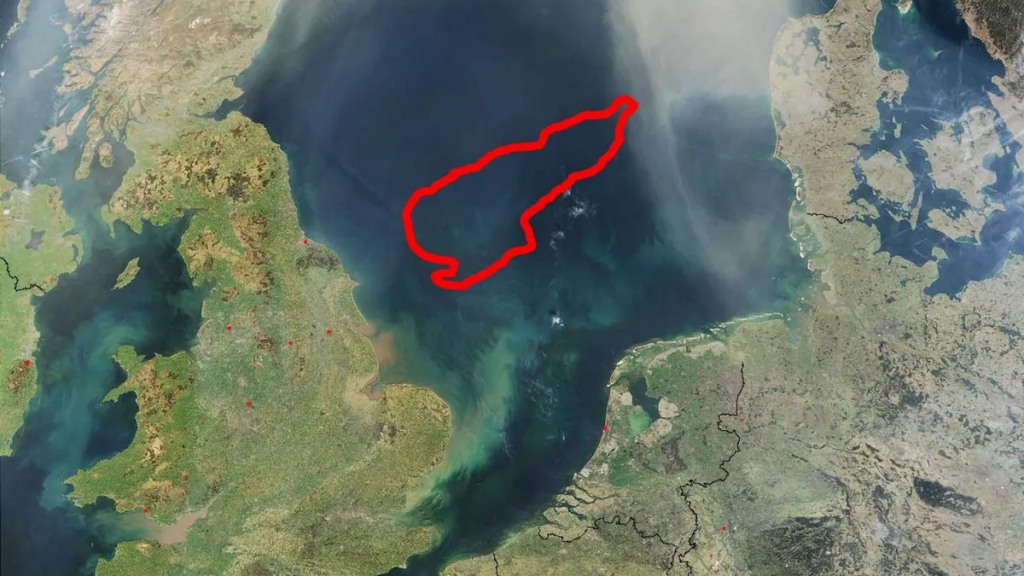A recent research conducted by the University of Bradford has suggested that magnetic fields could unlock the secrets of ancient civilizations.
As North Sea wind farms continue to expand, experts are working together to gather information about Doggerland, an area that was once a connecting landmass between Europe and Britain but is now submerged under the North Sea. Ph.D. student Ben Urmston will use magnetometry data to identify any magnetic field anomalies that could indicate archaeological features without the need for excavation.

Urmston explained that even small changes in the magnetic field could signify variations in the landscape, such as peat-forming areas, sediments, or areas where erosion has occurred, including river channels. The study could even reveal evidence of hunter-gatherer activity that existed in the area when it was above sea level.
Additionally, the researchers hope to discover the presence of middens, which are garbage dumps that provide crucial information about how ancient people lived.
Doggerland, which was submerged due to rising sea levels around 6500-6200 BCE, was once one of the most ecologically diverse and resource-rich regions during the later Palaeolithic and Mesolithic periods (c. 20,000–4,000 BC). By examining magnetic data, experts aim to identify features that indicate a midden, for instance, and then extract seabed samples to send for carbon dating. This can help to determine the approximate age of the organic matter and provide insight into the lifestyle of ancient people.

Companies involved in offshore oil and gas extraction, mineral mining, and offshore wind farm construction regularly collect magnetic data to understand the terrain better. Magnetometers, which resemble torpedoes and are towed by cables attached to survey vessels, are typically used to explore the magnetic fields on the seabed.

While this method is commonly used to search for shipwrecks and explosives from past conflicts, the recent study by the University of Bradford demonstrates its potential to reveal important information about our ancient past.


